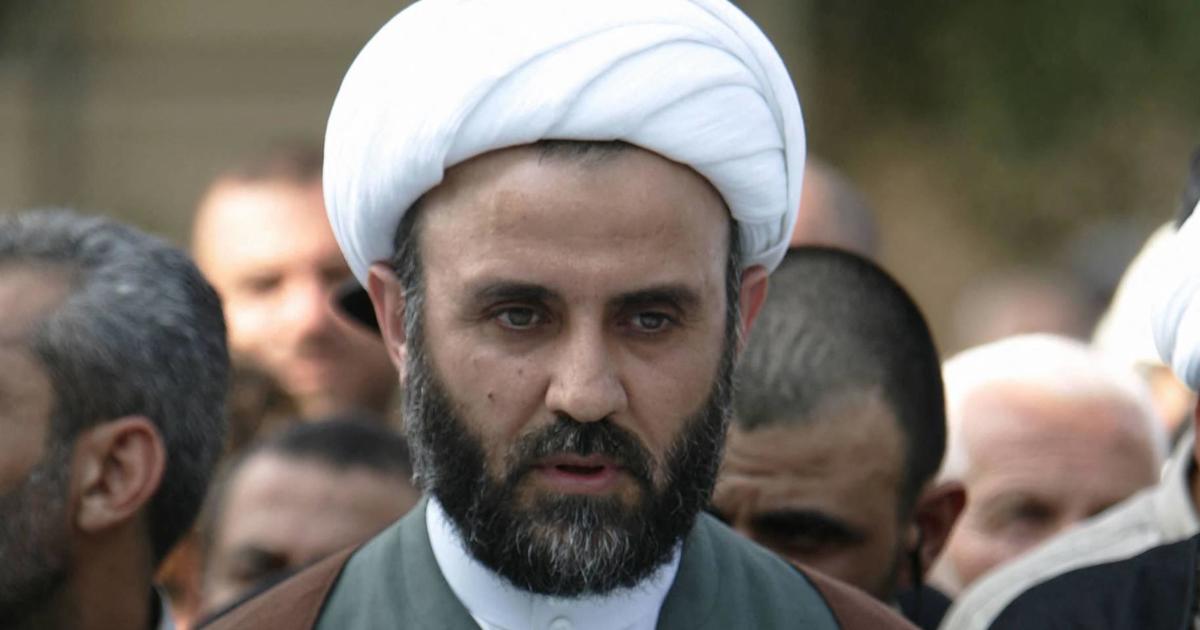The escalating conflict between Israel and Hezbollah has resulted in a significant loss of life and widespread destruction in Lebanon. The Israeli military has launched a series of airstrikes targeting Hezbollah leadership and infrastructure, leading to a substantial humanitarian crisis. This intensified conflict, fueled by the death of Hezbollah leader Hassan Nasrallah and other high-ranking officials, raises serious concerns about regional stability and the potential for a broader Middle Eastern war. The situation underscores the urgent need for de-escalation and a diplomatic resolution to prevent further bloodshed and suffering.
The Assassination of Hezbollah Leaders and the Israeli Airstrikes
The Targeted Killings
The Israeli military has confirmed the killing of several high-ranking Hezbollah officials, including Nabil Kaouk, the deputy head of Hezbollah’s Central County, and Ali Karaki, a senior commander. These targeted assassinations, part of a wider campaign of airstrikes across Lebanon, have significantly weakened Hezbollah’s leadership structure. The strikes have also resulted in the deaths of founding members of Hezbollah who had evaded capture or death for decades, signaling a new level of aggression in the conflict. These actions by Israel represent a major escalation of hostilities and further exacerbate the already volatile situation. The impact on Hezbollah’s operational capabilities and morale is expected to be significant, leading to possible instability in the group. This strategic move on Israel’s part aims to weaken Hezbollah’s control over operations in the region and cripple the organization’s capacity to launch future attacks.
The Humanitarian Crisis in Lebanon
The Israeli airstrikes have caused widespread destruction and displacement in Lebanon. The Lebanese Health Ministry reports that over 1,000 people, including women and children, have been killed, and hundreds more wounded. Thousands have been displaced from their homes, seeking refuge in overcrowded shelters or sleeping in the streets. The scale of the destruction is enormous, with homes, infrastructure, and essential services damaged or destroyed. This humanitarian crisis is worsening by the day, with limited resources to address the urgent needs of the affected population. International aid organizations are working to provide assistance but are struggling to keep pace with the escalating need. There’s immediate and future challenges facing displaced civilians: housing, water and sanitation issues, along with the medical and food aid shortage will make things exceptionally challenging in the upcoming months.
The International Response and Calls for De-escalation
The United States’ Stance
President Biden has expressed his concern about the escalating conflict and emphasized the need to avoid a broader war in the Middle East. While acknowledging the death of Nasrallah as a “measure of justice,” he called for a cease-fire and confirmed he plans to speak with Israeli Prime Minister Benjamin Netanyahu to discuss further steps. The United States continues to balance their commitment to supporting Israel while encouraging efforts to avert a wider conflagration in the region. It remains difficult to anticipate exactly how the United States will navigate the sensitive issue moving forward, but it appears that prioritizing diplomacy and de-escalation measures are high on the priority list.
The Regional and International Implications
The conflict between Israel and Hezbollah has significant regional and international implications. The involvement of other actors, including Iran and its proxy groups, significantly increases the potential for broader conflict and involvement from other countries, who will not want the conflict escalating to all out war. The fear of a regional conflagration is very real and poses major challenges for international stability and order. Furthermore, such widespread unrest makes any intervention that much harder to execute smoothly and safely. Several powerful nations are now on high alert and monitoring the situation actively for their self-interest and their foreign relations. This dynamic has increased diplomatic pressure on all involved, and created some opportunities for collaborative responses to alleviate some issues within the current conflict.
Hezbollah’s Response and the Risk of Wider Conflict
Hezbollah’s Rocket Attacks
Despite the heavy losses, Hezbollah has continued to fire rockets and missiles into northern Israel, although most have been intercepted. This retaliatory response underlines the group’s determination to continue the fight, despite the setbacks they suffered in this intense period. Although such actions significantly impact Israeli population and cause potential devastation, it shows a different approach to how conflict can evolve – rather than focusing on just military superiority, the situation takes other variables into consideration, making predictions extremely difficult. Their ongoing responses complicate prospects for a quick solution.
The Potential for Escalation
The continued attacks and retaliations greatly increase the risk of a broader regional conflict. The potential for direct military confrontation between Israel and other countries in the area poses a massive threat and highlights the fragile state of international peace in the region. The involvement of various regional actors creates enormous complexity, and diplomatic maneuvers must urgently address the escalating situation. Moreover, these ongoing skirmishes and intense activity in the area pose direct risk to other neighboring states, and also create concern about whether this issue could influence and interfere with the regional supply chains. Such involvement of multiple groups indicates that reaching any peaceful and decisive agreements may be incredibly challenging.
Takeaway Points:
- The Israeli airstrikes in Lebanon have caused a significant humanitarian crisis.
- The targeted killings of Hezbollah leaders have weakened the group, but also increased tensions.
- International pressure for de-escalation is mounting, but the risk of a broader conflict remains high.
- Hezbollah’s continued rocket attacks highlight the complex and volatile nature of the conflict.
- The situation requires urgent diplomatic intervention to prevent further bloodshed and escalation.




